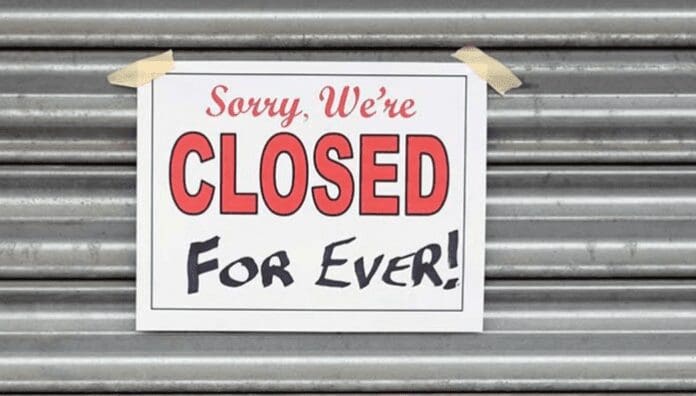By Amber McGuckin —-
A Winnipeg MP is looking to convert the Canada Emergency Response Benefit into a permanent fixture.
Winnipeg Centre MP Leah Gazan tabled a motion in the House of Commons to convert CERB into a permanent guaranteed liveable basic income.
“COVID-19 has demonstrated that we do have the resources. We must ensure all individuals in Canada can thrive in dignity and that means making investments to ensure basic human rights for all,” she said.
Motion-46’s goal is to fill the gaps in income and inequalities that have been “worsened by the pandemic.”
A basic income means different things to different people, but it is usually viewed as a no-strings-attached benefit governments provide to citizens instead of various targeted social benefits.
Also known as a guaranteed minimum income, it can be delivered as a universal payment, or as a means-tested benefit that declines as a recipient’s other income rises.
Gazan has been working in collaboration with Basic Income Manitoba and the Basic Income Canada Network on the motion.
“Canada’s income security system has always contained many gaps, inequalities and inefficiencies, which have been worsened by the pandemic.
A guaranteed livable basic income would solve these deficiencies and increase the sense of security and well-being of all who live in Canada,” said Sid Frankel, Basic Income Manitoba board member.
Sheila Regehr, the Chairperson for the Basic Income Canada Network, says now is the right time for the country to adopt a basic income model.
“In between having a decent job and social assistance, there’s not much of anything else,” she said.
“What the government has done with CERB has shown us some really important things. Design matters – they have a huge work disadvantage designed into CERB – but the fact that they delivered cash benefits, for the people who get them, it’s huge. The amount was just around the right amount we have been proposing – it’s reasonable and works for people.”
Regehr says Canada can afford a program like this.
“We have to redesign and reprofile the programs we have. All the money that’s going into social assistance, is not helping people, it’s not reducing poverty but helping people persist in a poverty situation, so we are spending money in places that aren’t getting the results we need,” she said.
Todd MacKay is the Prairie Director of Canadian Taxpayers Federation. He says while the program may sound like a good idea, Canadians can’t afford to take on additional programs.
“CERB is a really expensive program. When the pandemic first hit, governments had to move quickly and it wasn’t intended to be permanent. One of the reasons was it’s costing tax payers billions of dollars every week. Honestly we are borrowing that money,” he said.
“It’s one thing to do it in a pandemic situation, in an emergency situation where you have to roll things out quickly. That’s one thing. That’s like saying I lost my job, but I paid my bills on my credit card – it’s going to be fine. But no that won’t be fine. You have to find another job, you have to find another way to get things rolling again.”
MacKay says if they plan to reform existing programs and streamline those services, it could be a solution, but adding the program on top of other social supports isn’t viable.
“The idea of basic income is an interesting one but just rolling CERB forward permanently that’s not a way to do it. That’s a way to leave billions and trillions of dollars in debt to our grand kids.”
The CERB and a $45-billion wage-subsidy program are set to expire in October.
Providing almost all Canadians with a basic income for six months beginning this fall could cost about $98 billion, the parliamentary budget officer said last month.



















